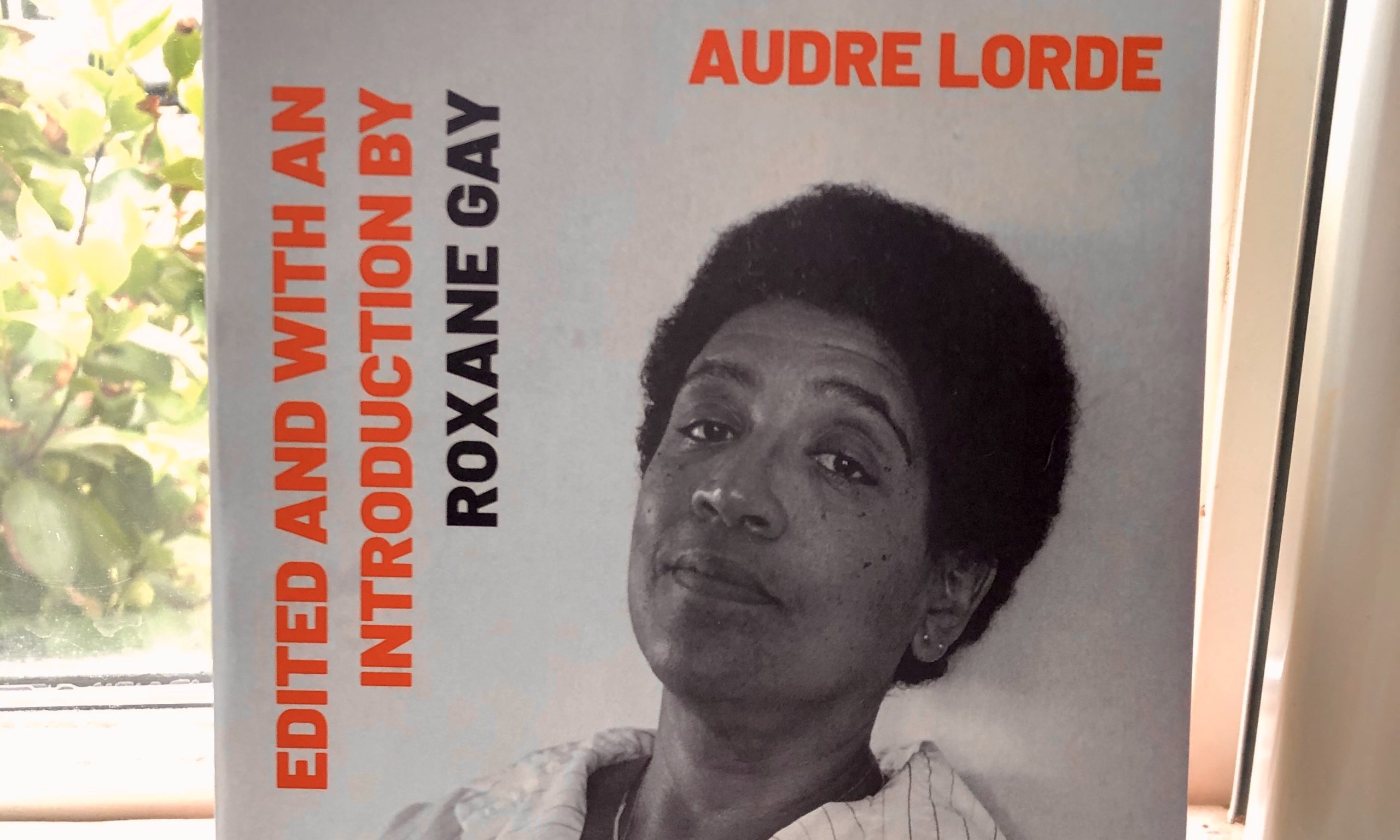The obvious yet startling element of Audre Lorde’s prose, poems and cancer journals is that her words inspire still-needed revolution even now. In “The Uses of Anger” (1981), for instance, Lorde argued that we were “working in a context of opposition and threat, the cause of which is certainly not the angers which lie between us, but rather that virulent hatred leveled against all women, people of Color, lesbians and gay men, poor people – against all of us who are seeking to examine the particulars of our lives as we resist our oppressions, moving toward coalition and effective action.” She embodied intersectionality in a way that still sings.
But there’s another, more personal layer to Lorde. As I sat each night with new-to-me and favorite essays such as “The Transformation of Silence into Language and Action,” her words tapped at my brain like jewelers’ hammers. They remind us that we are here for only so long, and what are we going to do about it? There’s no sugarcoating here, not for society and not for herself.
Clutch the time we have, now, no excuses. Translate the power of the erotic into daily life so that it laces our work with joy. Take our place loudly and beyond fear: “We can learn to work and speak when we are afraid in the same way we have learned to work and speak when we are tired.”
We are all tired right now. So tired.
But Lorde’s call will wake you up. As she journaled in 1986, six years before she died of liver cancer at age 56, “My most deeply held convictions and beliefs can be equally expressed in how I deal with chemotherapy as well as in how I scrutinize a poem.”
Name your struggles. Own them like Audre Lorde did. After reading this book, you’ll feel you owe her nothing less.

